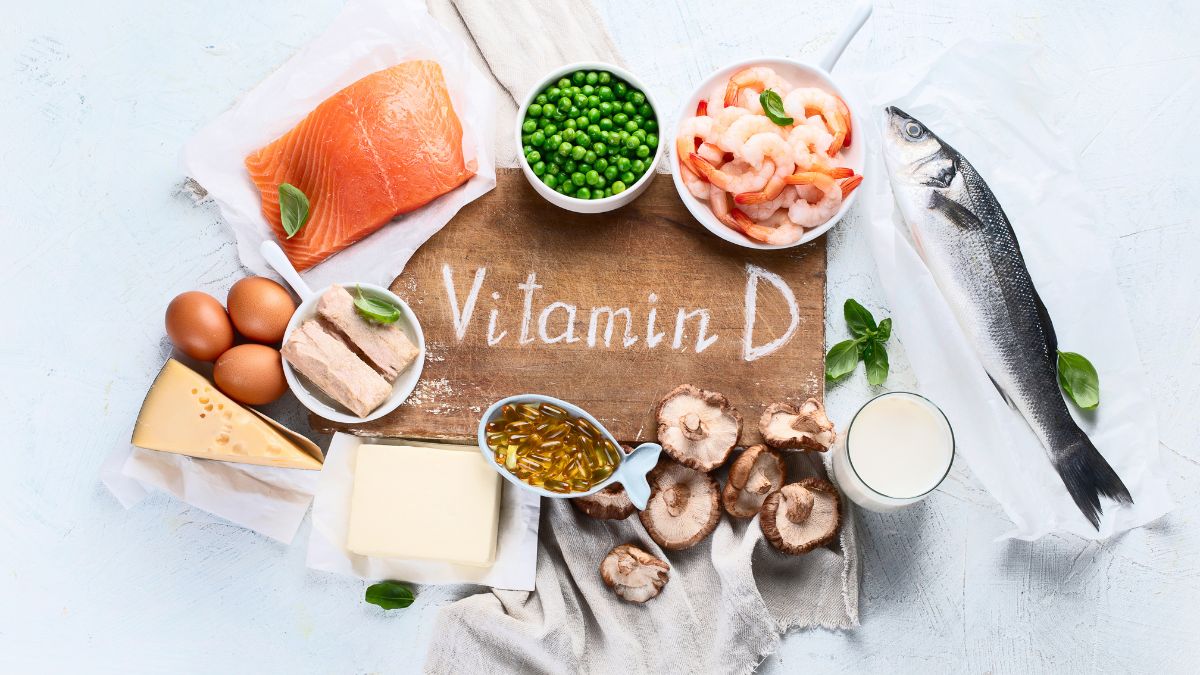Nutrition is often hailed as the cornerstone of overall health and well-being, and nowhere is this more evident than in the intricate relationship between what we consume and the health of our gastrointestinal system. The gastrointestinal tract, or gut, is a complex network of organs responsible for the digestion and absorption of nutrients, as well as the elimination of waste products. It serves as a central hub for various bodily functions, making it a critical player in our overall health. The remarkable interconnectedness of nutrition and gastrointestinal health cannot be overstated, as the food we eat has a profound impact on the structure, function, and overall balance of our gut.
This blog will delve into the multifaceted ways in which nutrition influences our gastrointestinal health, offering insights into the pivotal role it plays in maintaining a healthy and harmonious gut. From the microbial inhabitants of our intestines to the intricate connections between gut and brain, we will explore the critical importance of making informed dietary choices for a flourishing gastrointestinal system. So, let’s embark on a journey through the intricate terrain of nutrition and its profound impact on our gastrointestinal well-being.
The Gut Microbiome
One of the key factors in gastrointestinal health is the gut microbiome. This complex community of microorganisms, including bacteria, viruses, fungi, and other microbes, resides in our gastrointestinal tract. These microorganisms play a crucial role in digestion, nutrient absorption, and maintaining the health of the gut lining.
Nutrition has a direct impact on the composition and diversity of the gut microbiome. A diet rich in fiber, prebiotics, and probiotics can promote a diverse and healthy gut microbiome. Fiber, found in fruits, vegetables, and whole grains, serves as food for beneficial gut bacteria. Prebiotics, which are non-digestible compounds found in foods like garlic, onions, and bananas, also nourish these beneficial microbes. Probiotics, on the other hand, are live bacteria found in fermented foods like yogurt, kefir, and sauerkraut, which can directly contribute to the population of beneficial gut bacteria.
Balancing Gut Microbiome
1. High Fiber Diet
A high fiber diet is a powerful ally in balancing the gut microbiome. Fiber, found abundantly in foods like fruits, vegetables, and whole grains, serves as fuel for the beneficial bacteria inhabiting our gastrointestinal tract. These microbes thrive on the breakdown of fiber, producing compounds that nurture the gut lining and help maintain a harmonious microbial community. By promoting the growth of these beneficial bacteria, a high fiber diet can enhance gut health, support regular bowel movements, and reduce the risk of gastrointestinal disorders.
2. Prebiotics Balancing Gut Microbiome
Prebiotics are essential components of a diet that play a significant role in balancing the gut microbiome. These non-digestible compounds, commonly found in foods like garlic, onions, and bananas, act as food for beneficial gut bacteria. By nourishing these beneficial microorganisms, prebiotics promote their growth and activity, leading to a more diverse and balanced gut microbiome. In doing so, prebiotics contribute to improved digestion, enhanced nutrient absorption, and a stronger immune system. Including prebiotic-rich foods in your diet is a proactive step toward fostering a healthier and more resilient gastrointestinal ecosystem.
3. Probiotics
Probiotics are living microorganisms, typically found in fermented foods like yogurt, kefir, and sauerkraut, that can have a positive impact on the balance of the gut microbiome. When consumed, these beneficial bacteria can help populate the gastrointestinal tract, competing with harmful bacteria and promoting a healthier microbial community. Probiotics contribute to a more diverse gut microbiome, which is associated with improved digestion, strengthened immune function, and reduced inflammation.
The Gut-Brain Connection
The gut-brain connection is indeed a vital component of gastrointestinal health, and it encompasses a bidirectional communication system referred to as the gut-brain axis. This intricate network of nerves, hormones, and biochemical signaling allows the gut and brain to exchange information. Nutrition wields a powerful influence on this connection, as the foods we consume can profoundly affect our mental and emotional well-being. A well-balanced diet, rich in essential nutrients and whole foods, has the potential to regulate mood, reduce stress, and enhance overall mental health.
Nutrients Impacting the Gut-Brain Axis
1. Omega-3 Fatty Acids
Omega-3 fatty acids are a class of essential nutrients that exert a significant impact on the gut-brain axis.Healthy fats in fatty fish like salmon and plant-based sources like flaxseeds and walnuts have anti-inflammatory benefits for the gut and brain. By reducing inflammation in the gut, omega-3 fatty acids contribute to a healthier gut environment, which in turn has positive effects on mental health. These nutrients have been linked to improved cognitive function, reduced symptoms of depression, and a lower risk of neurodegenerative diseases. Thus, including omega-3 fatty acids in one’s diet is a smart choice for supporting a well-functioning gut-brain axis and promoting overall mental well-being.
2. Serotonin Precursors
Serotonin precursors are nutrients that play a key role in influencing the gut-brain axis. Tryptophan, an amino acid found in various foods like turkey, spinach, and nuts, serves as a precursor for serotonin, a neurotransmitter closely linked to mood regulation and emotional well-being. When we consume foods rich in tryptophan, it can lead to increased serotonin production in the gut, which subsequently affects brain function. This boost in serotonin levels can contribute to improved mood, reduced feelings of stress, and an overall positive impact on mental health.
3. Antioxidants
Antioxidants are essential nutrients with a significant impact on the gut-brain axis. These compounds, abundant in fruits, vegetables, and other whole foods, help combat oxidative stress and reduce inflammation in the gut. By reducing gut inflammation, antioxidants contribute to a healthier gastrointestinal environment, which, in turn, positively influences the brain. Their role in reducing overall inflammation has been associated with improved cognitive function, a decreased risk of mood disorders, and better mental well-being.
Digestive Disorders and Nutrition
Gastrointestinal conditions like IBS (irritable bowel syndrome), IBD (inflammatory bowel disease), and celiac disease require customized dietary changes for symptom management and healing. The impact of nutrition on these conditions can be profound, either exacerbating or alleviating symptoms. Thus, it’s imperative for individuals grappling with these disorders to collaborate closely with healthcare professionals and registered dietitians. These experts can formulate personalized dietary plans that accommodate the specific needs and sensitivities associated with each condition, helping individuals achieve better symptom control, improved quality of life, and a greater chance of long-term recovery.
Final Words
The profound influence of nutrition on gastrointestinal health cannot be overstated.Our diet impacts the gut microbiome, nurtures the gut-brain axis, and is pivotal in managing gastrointestinal conditions. A well-balanced diet rich in fiber, prebiotics, probiotics, and essential nutrients can foster a harmonious gut environment, promoting overall well-being. However, it’s crucial to remember that when dealing with complex gastrointestinal issues, one should consult a gastroenterologist for best advice. Professionals can provide invaluable insights, to create personalized dietary plans, ensuring the best possible outcomes for those seeking to maintain or regain their gastrointestinal health. In this way, nutrition remains a cornerstone in the quest for lasting well-being and digestive health.





